Nabucco, said Giuseppe Verdi, ‘was born under a lucky star’. It was both his last throw of the dice and his first undisputed hit, composed after the failure of Un giorno di regno and the death of his young wife and two children had driven him to abandon music outright. The story (at least, as Verdi told it) was that the director of La Scala had forced him to accept a libretto on the Biblical story of Nebuchadnezzar, and that when a page fell open on the chorus ‘Va, pensiero’ the muse returned. Citation needed, possibly, but there’s no question that the ‘Chorus of the Hebrew Slaves’ is one of those once-in-a-lifetime melodies; a tune (as Elgar might have put it) to ‘knock ’em flat’. It’s not every night at Covent Garden that the first curtain call — and the loudest applause — goes to the chorus.
‘Va, pensiero’ can’t really fail, which is just as well because in the run up to this most recent revival of Daniele Abbado’s 2013 production, Nabucco’s lucky star seemed to have gone wandering. On the first night, in December, the chorus was obliged to wear masks, and two pre-Christmas performances were cancelled outright. It was supposed to reopen last week in a starburst of celebrity, with Anna Netrebko as Abigaille, but Netrebko bailed three weeks ago. Then the conductor Daniel Oren became indisposed. No matter: Oren’s first-night replacement Renato Balsadonna (the Royal Opera’s former chorus director) is a dab hand at this sort of repertoire. Netrebko was replaced by the Ukrainian soprano Liudmyla Monastyrska, who sang the role in December and indeed in both 2016 and 2013, to enthusiastic reviews. On paper, at least, it looked like a good recovery.
So it’s hard to say precisely why this performance, as a whole, felt so contradictory. Nabucco’s plot leaps from crisis to luridly lit crisis with the pace (I don’t say subtlety) of a comic strip. It’s the raw, superheated imagination of Verdi’s score that carries the show, and under Balsadonna’s baton the orchestra burned fiercely. Piccolos shrilled, offstage bands strutted; strings swelled and surged. On stage, meanwhile, the central love story is barely sketched and there’s no showstopping tenor role, though Najmiddin Mavlyanov and Vasilisa Berzhanskaya sang ardently enough as the lovers Ismaele and Fenena.
No, it’s all about the central trio: the two low male voices of the mad Babylonian king Nabucco (Amartuvshin Enkhbat) and the Jewish high priest Zaccaria (Alexander Vinogradov), set against the blazing soprano Abigaille. The thrills came fast with these three. Enkhbat’s rounder, warmer baritone allowed a vulnerability into his performance that would have been inappropriate for Vinogradov’s dignified Zaccaria — who rolled out his phrases in great, level-toned paragraphs. Monastyrska whirled her voice on high like a flaming lasso; rising from gurgling bottom-register snarls to an almost fluorescent glare as her high notes looped and plunged above Balsadonna’s bucking, kicking orchestra and Alison Chitty’s austere sets. It wasn’t always pleasant, and I’m not sure that it was always in tune. But it was unarguably compelling.
Musically exciting, then, but dramatically flat? That’s too simple. Abbado’s direction is certainly static and confusing: the two warring civilisations are dressed identically in 1950s sludge tones and as the Babylonians sacrifice to their false gods, they look like Observer readers enjoying a private view at Tate Modern. A production of Nabucco doesn’t necessarily have to compete with Ellen Kent’s staging (the touring one, which starred ‘Houdini the 9-year-old Andalusian black stallion’), but in an opera of extremes, powered by urgent choral scenes, a director needs to do more than just walk the singers onstage and park them. The climactic fall of the idol of Baal was represented by the disassembly of a chicken-wire sculpture, and the audience, which at this point should have been gasping, simply laughed. But all night long there’d been awkward pauses where applause either spluttered or didn’t happen at all. Covent Garden audiences can usually distinguish strong performances from weak productions, but something here definitely wasn’t connecting. Possibly that will change as the run continues.
In Birmingham, Ryan Bancroft guest-conducted the CBSO in a nice nourishing January programme. The only real novelty was Samuel Coleridge-Taylor’s ten-minute Solemn Prelude, a Three Choirs commission from 1899, rediscovered in 2020 and sounding a bit like Elgar offcuts, or Edward German on steroids — both perfectly fine in my book. The violinist Clara-Jumi Kang had nothing much to say in the Mendelssohn Violin Concerto, but said it very smartly, and received warm applause. Then came Sibelius’s Second Symphony: a craggy, storm-tossed performance, in which Bancroft steered determinedly around timpani avalanches and massive, iceberg-like brass chords right up to that glorious moment at the end of the scherzo where the sky clears, the sails fill, and the whole orchestra finally starts to soar. And they really did.
Got something to add? Join the discussion and comment below.
Get 10 issues for just $10
Subscribe to The Spectator Australia today for the next 10 magazine issues, plus full online access, for just $10.
You might disagree with half of it, but you’ll enjoy reading all of it. Try your first month for free, then just $2 a week for the remainder of your first year.

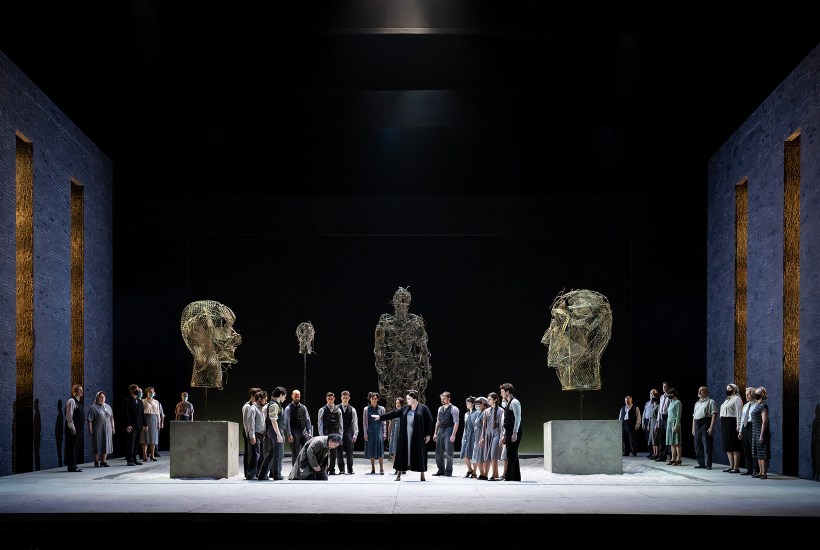
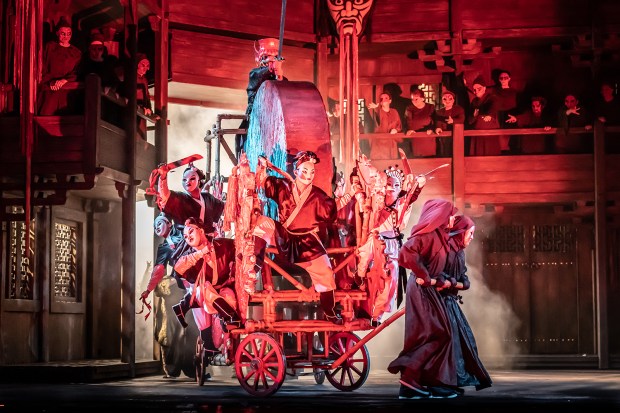
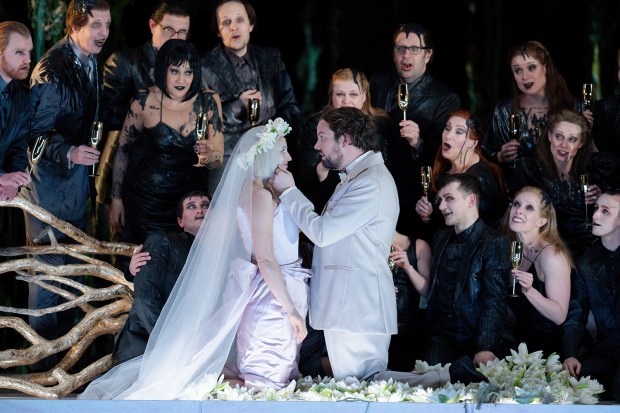
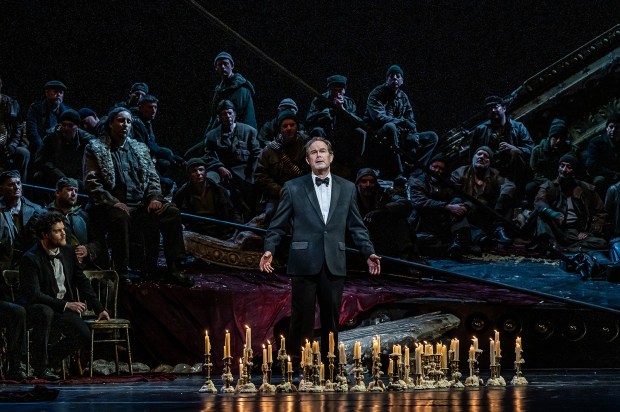
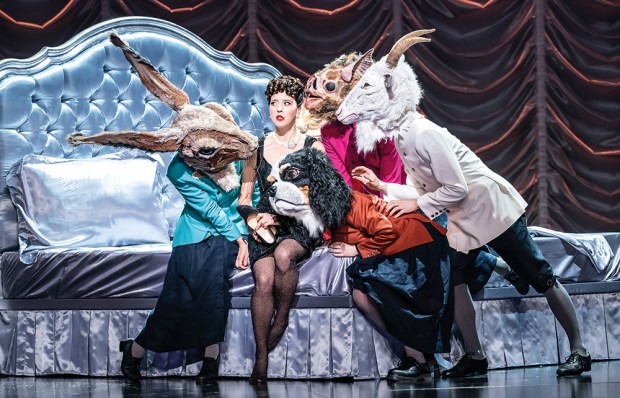
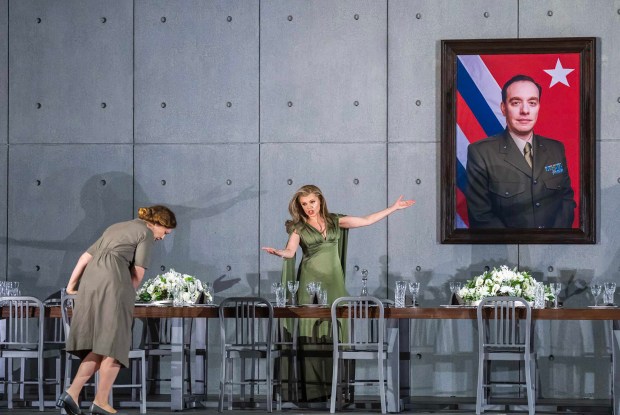
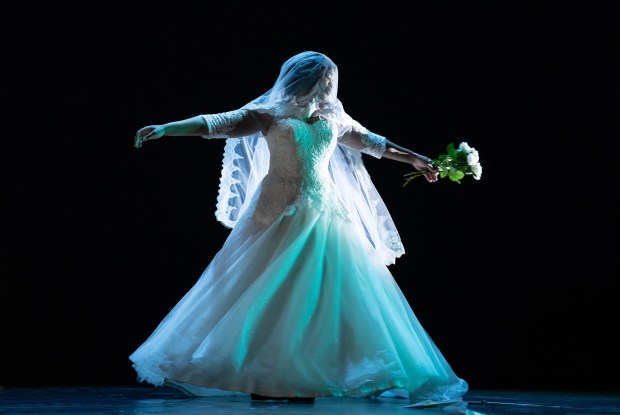






Comments
Don't miss out
Join the conversation with other Spectator Australia readers. Subscribe to leave a comment.
SUBSCRIBEAlready a subscriber? Log in